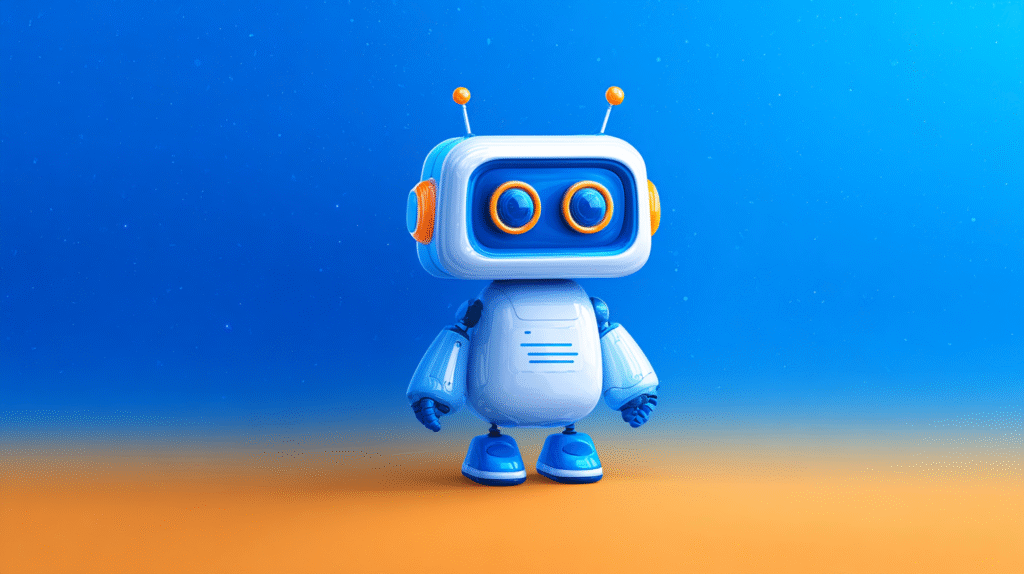The integration of artificial intelligence in the human resources sector is not just a trend; it represents a transformative shift in how organizations manage their workforce. This evolution is particularly relevant in the context of agents and AI collaboration, an emerging concept often referred to as agentic AI. Within the United States, businesses are grappling with the nuances of combining human talent with AI capabilities, a dynamic that presents both opportunities and challenges.
The Rise of Agentic AI in HR
As organizations increasingly adopt HR technology to streamline operations and enhance decision-making, agentic AI has emerged as a pivotal player in these transformations. By leveraging advanced technologies, companies are not only improving efficiency but also navigating complex workforce dynamics.
Understanding the Concept of Agentic AI
Agentic AI refers to intelligent systems that can operate autonomously while effectively collaborating with human team members. These AI agents can be deployed for various HR functions including:
- Recruitment and talent acquisition
- Employee engagement and retention strategies
- Performance management
- Training and development initiatives
As businesses embark on integrating these systems, it’s essential to address the dual aspects of trust and accountability in AI decision-making, which can influence overall workforce morale and efficacy.
Key Challenges in Managing AI-Human Collaboration
While the rise of agentic AI brings potential benefits, it also presents significant challenges that need to be addressed proactively:
1. Managing Collaboration Between Human Workers and AI Agents
One of the foremost challenges is the seamless collaboration between human workers and AI agents. Miscommunication and misunderstanding about roles can undermine productivity. To foster a productive environment, organizations should focus on:
- Offering training that enhances digital fluency among employees
- Implementing clear communication channels that delineate responsibilities
- Encouraging a culture of collaboration where human and AI contributions are valued equally
2. Building Trust in AI Decision-Making
Trust in AI systems is paramount. Employees must feel confident in the decisions made by AI agents. Organizations can enhance trust by:
- Ensuring transparency in how AI algorithms work
- Involving employees in the AI implementation process
- Regularly reviewing and updating AI models based on ethical considerations and employee feedback
3. Accountability for AI Actions
Assigning accountability for AI decisions is crucial. If an AI system makes a mistake, who is responsible? Here’s how organizations can tackle this issue:
- Create a governance framework that includes clear accountability structures
- Encourage ethical AI usage through policies that guide AI deployment
- Implement regular audits of AI performance and outcomes to ensure alignment with organizational values
Actionable Insights for HR Professionals
For HR professionals and business leaders, embracing agentic AI requires a proactive approach. Here are some actionable insights:
- Invest in Training: Equip your team with the necessary skills to collaborate effectively with AI technologies.
- Embrace Change Management: Cultivate a culture that is adaptable to change, fostering openness to AI innovations.
- Monitor Trends: Stay updated on emerging HR technologies and their implications for workforce management.
- Foster Accountability: Develop policies that clearly define the roles and responsibilities in AI-human collaboration.
The Future of Work: Agentic AI as a Competitive Advantage
As organizations navigate this era of hybrid workforce, where human intelligence and machine learning intertwine, the potential for enhanced productivity and innovation is immense. Companies that successfully integrate agentic AI into their HR practices may find themselves at a competitive advantage. They can achieve:
- Increased operational efficiency
- Improved employee satisfaction and engagement
- Stronger talent retention and attraction strategies
Conclusion
The path forward in HR and talent management is intricately linked to our ability to effectively implement agentic AI technologies. Organizations must confront the challenges of collaboration, trust, and accountability head-on. By optimizing AI’s potential while reinforcing human skills, such as AI collaboration skills, companies can create a workplace that thrives on both innovation and inclusivity. At Pulivarthi Group, we are committed to guiding businesses in adopting advanced technologies in their HR practices, ensuring they are prepared for the future of work. Engage with us today to transform your HR strategies with the power of AI.





